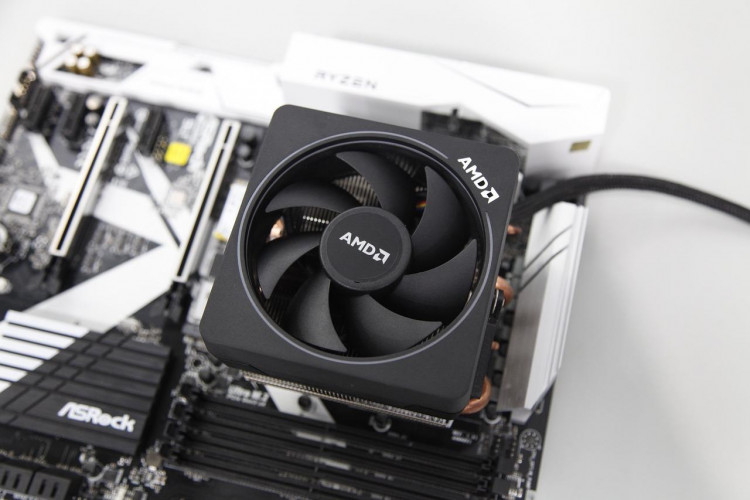Advanced Micro Devices is in late-stage discussions to acquire Xilinx in a contract that could be worth over $30 billion, the Wall Street Journal reported late Thursday, citing sources with information on the buyout.
A deal with competitor semiconductor group Xilinx can be finalized around next week, the Journal the newspaper reported. It has the potential to become a blockbuster tie-up in the fast-merging microchip business.
However, sources added that talks had previously taken a backseat before resuming, thus there is no strong guarantee that a takeover bid would be approved.
AMD has rolled out in the last few months a host of new chips including the AMD Radeon Pro 5000 gaming processors, Ryzen and Ryzen Pro 4000G, to name a few. It has gained from an increase in the stock price in the past four quarters, advancing from around $28 in October last year to $86.51 as of the latest market close.
If AMD acquires Xilinx, which is estimated to be worth around $26 billion, it would give the Illinois-based company an inventory of hardware to go head to head with Intel's reprogrammable semiconducting solutions in data hubs, among other departments.
According to a Xilinx executive, they are distinctly "positioned, unlike most groups in the data center sector, to cater to the whole gamut of segments within IT,' CRN quoted the executive as saying earlier.
Xilinx makes programmable microchips for wireless infrastructure and buying the California-headquartered company will give AMD a strong presence in a competitive and growing semiconductor market. With telcos infusing billions of dollars in the telecommunication arena in order to boost the coverage of their 5G network, Xilinx has emerged as a crucial player in this field.
AMD has seen a surge in the utilization of its products lately, steered in part by an overall rise in microchip requirement as a result of a global transformation to telecommute and market-share earnings from a bigger rival, Intel. News of the AMD-Xilinx deal also comes just under a month after AMD's other competitor, Nvidia, said it was looking at buying British microchip designer Arm to the tune of $40 billion.
Market observers suggest that AMD's price-to-earnings ratio (PE) shows the company's stock is overpriced, despite it raking in profits this year -- as the coronavirus crisis shows no let-up -- and hitting a market value that now exceeds $100 billion.
Xilinx suffered a setback in 2019 when major client Huawei Technologies was blacklisted by U.S. regulators, preventing the company from producing microchips from U.S. makers.






